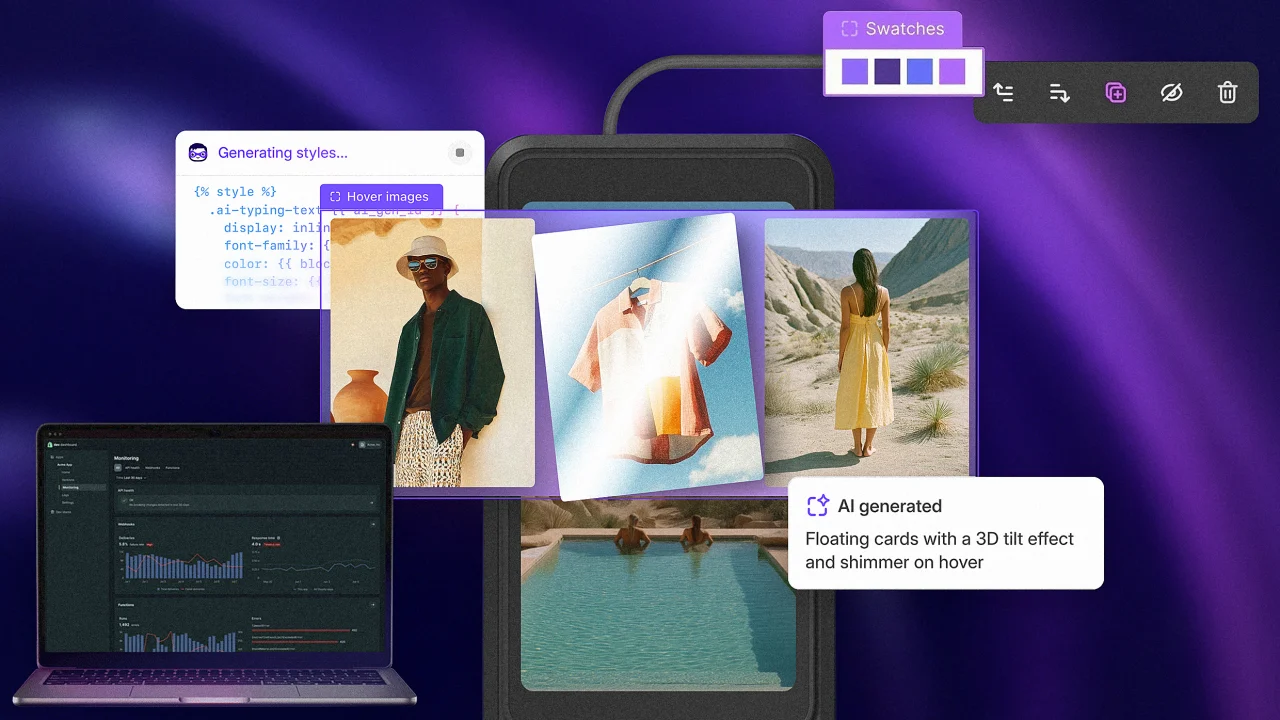The next generation of business leaders must be adaptable

When my marketing role evolved to include customer success and renewals, some naturally expressed confusion on why a CMO with established expertise and an already large remit would willingly take on more. This confusion was not among colleagues (I’m fortunate enough to be part of a very supportive environment!) but among others inside and outside of my network.
Looking back, that decision reinforced something I believe is a career accelerator and crucial in leadership. It’s a lesson I’ve shared with many young professionals and I believe others should take it to heart. Adaptability defines who will lead tomorrow’s companies and who won’t. Here’s how to think about becoming more adaptable.
Break artificial barriers
Sometimes we box ourselves in with professional or personal labels. “I’m a marketer” or “I’m an engineer” or “I’m a mother” becomes both identity and limitation. These labels feel safe in a chaotic world. They create boundaries, but they can also limit growth.
I’ve seen smart, capable young professionals turn down opportunities with a quick “that’s not in my job description.” They build walls around their roles, thinking they’re creating safety without fully appreciating the downstream impact to their career growth.
My shift from marketing into customer success happened deliberately. I wanted to understand the full customer journey firsthand. And now, every time I push beyond my comfort zone, I gain insights that change how I approach all aspects of our business.
Look at the full picture
Working across both marketing and customer success showed me connections I’d have missed otherwise.
When you handle both sides of the customer relationship, patterns start to appear. You notice how your early marketing messages set expectations that affect renewal conversations months later. You spot the gaps between what attracts customers initially and what keeps them around.
This full-picture view prepares you for executive roles in ways specialization can’t. Senior leaders need to synthesize information from across departments—tough to do when you’ve only seen one slice of the business.
Ride the wave of change
Young professionals today face relentless workplace transformation. Technologies reshape entire industries overnight. Business models evolve constantly.
People who excel amid this chaos don’t resist change—they embrace it. When unfamiliar challenges crop up, they lean in rather than back away. This is something I strive to instill in my team and my children. When we are not afraid to take on unfamiliar challenges and we don’t accept perceived limitations, we create permission for others to do the same. I’ve witnessed this ripple effect repeatedly. One person’s willingness to push boundaries inspires colleagues, friends and family to reconsider their own self-imposed constraints and embrace a growth mindset.
How to build your adaptability muscles
Getting comfortable with change takes practice:
- Jumping into cross-functional projects exposes you to different departments
- Consider sideways moves before focusing solely on climbing up
- Ask questions about parts of the business you don’t touch daily
- Find mentors with backgrounds different from yours
- Tackle unfamiliar tasks with curiosity instead of anxiety
- Reframe your professional limitations
If someone requests your help with a task that falls outside of your area of expertise, view it as a chance to develop and expand your skills.
Find new routes
Adaptability opens doors that might otherwise stay shut. Reaching senior leadership often means finding alternate routes when traditional paths prove blocked.
The biggest barriers to professional growth often aren’t external obstacles or lack of opportunity, they’re the invisible ceilings we build for ourselves.
Connect the organization
People who move between different functions bring unique value—they bridge communication gaps. They translate between specialized teams that struggle to understand each other. They spot problems and opportunities others miss.
Companies facing complexity need leaders who make connections. When you demonstrate this skill, you stand out dramatically from peers who excel only in their specialty.
Get comfortable with discomfort
Becoming adaptable means feeling uncomfortable regularly. Stepping into new territory triggers self-doubt, but over time builds your confidence to trust your judgment.
But, here’s a poorly-kept secret: This discomfort never completely goes away, even for experienced executives. What changes is how you respond to it. You start seeing discomfort as a sign of growth rather than failure.
Young professionals aiming for leadership positions gain an edge with this mindset shift. While others avoid challenging situations, you’ll build versatility that makes you increasingly valuable.
I project—with confidence—that we’ll see leaders of tomorrow who continuously reinvent themselves, crossing boundaries, embracing challenges outside their comfort zone, and bringing diverse perspectives together.
The real question: When unexpected opportunities appear, will you take them? I definitely think you should.
Melissa Puls is chief marketing officer and SVP of customer success and renewals at Ivanti.
What's Your Reaction?
 Like
0
Like
0
 Dislike
0
Dislike
0
 Love
0
Love
0
 Funny
0
Funny
0
 Angry
0
Angry
0
 Sad
0
Sad
0
 Wow
0
Wow
0






























































































